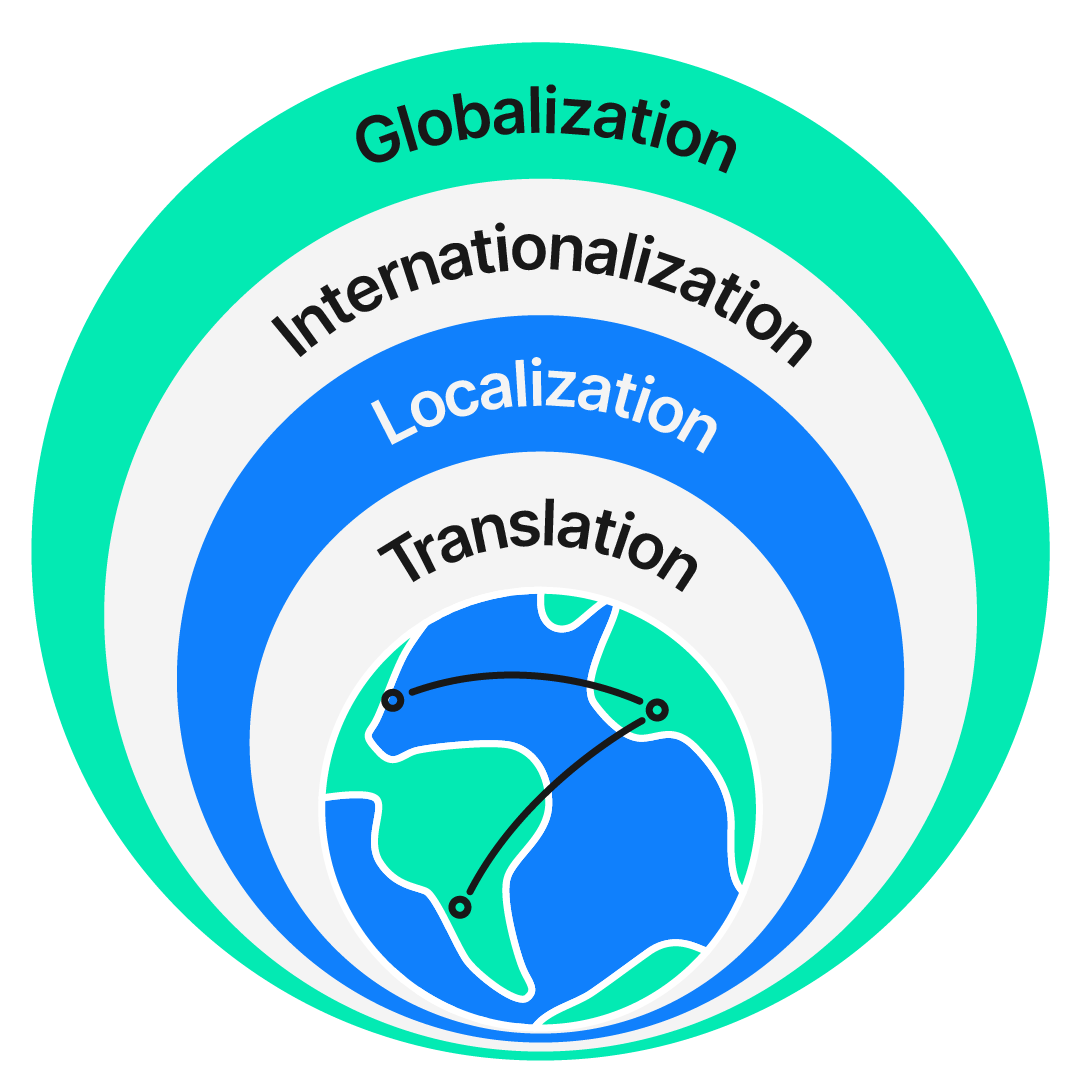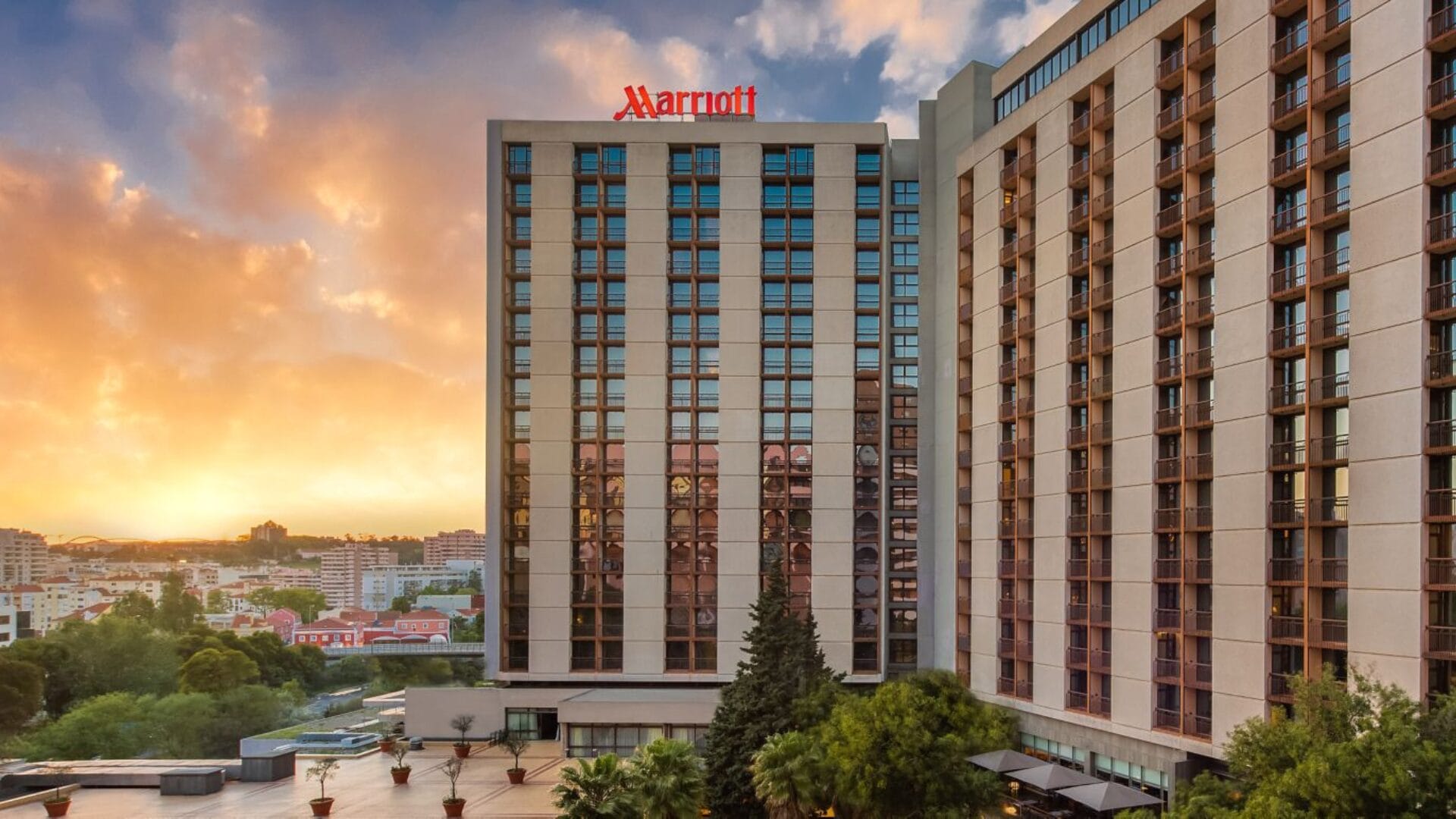Global business
The Power of Localization to Unlock Global Growth: A CEO’s Perspective

Imagine losing a $125M investment because of a failure to convert measurements between systems. This is exactly what happened to NASA in 1999 when they lost the Mars Climate Orbiter as a result of engineers not transferring vital data from imperial to metric measurements before launch.
I remember it like it was yesterday because it serves as a cautionary tale for the single most important component of global expansion endeavors: recognizing the diversity of our world and adapting to it.
Throughout many years of experience working for multinational organizations, I’ve come to realize the value of this adaptation—the technical term for which is localization—to unlock global growth.
Localization should be top-of-mind for any CEO pursuing international expansion—so I’d like to share with you some of what I’ve learned.
What is localization?
If you’ve ever been to a foreign country, or even to a different region in your home country, you may have noticed that what works in one place may not work in another:
- Londoners take the tube, not the metro; wear suit trousers, not pants; Americans wouldn’t put their car luggage in the boot (trunk!).
- People in Japan rely heavily on cash payments, while folks in the US are more likely to swipe a card or use ApplePay.
- You can find cycling superhighways in the Netherlands, but good luck finding one in Brazil.
The list goes on and on.
These nuances—from language and currency to food habits, cultural practices, regulations, laws, and more—form the backbone of localization as a practice.
Localization is a process that acknowledges and responds to these kinds of cultural or regional differences to create products, services, and experiences that match local preferences, customs, and expectations.

Localization and translation aren’t the same
Translation and localization are often confused to be the same. While translation is important for breaking down the language barrier, the scope of localization goes far beyond language.
Rather than just transforming words, localization is the whole package:
- Changing product features to meet local needs
- Creating content in the local language of customers across markets
- Adopting appropriate visuals for each target market
- Adapting pricing to consumer budgets in different markets
- Using marketing and customer service channels preferred by locals
And much more. Basically, localization involves learning the nuances of a given market and responding to them appropriately. It’s a form of personalization, specific to the geographical and cultural context of your audience.
Why localization is important
The main result of localization is an improved customer experience: you make local target audiences feel comfortable, understood, and respected. You make them feel like your product, service or company is ‘for’ them. You work hard to engage and understand your customers in your initial target audience—the same should be true as you expand your audience at home and abroad.
Short-term, this can make the difference between viral and linear (or zero) growth. Longer-term, an engaged customer base is a loyal and referring customer base, creating long-term growth opportunities.
I’m a firm believer that localization isn’t just about breaking into new markets—it’s also about properly serving the customers you already have. Back when I was at Tesla, I remember fighting hard to convince Tesla US that we needed to incorporate iDeal as a payment solution in the Netherlands. With 60% of Dutch ecommerce transactions happening through this particular payment gateway, it was a no-brainer. It took some convincing, but eventually, we were able to make it happen, and it made a huge difference in our local market share. Equally, our UK-written materials needed to say “tyre” (not “tire”), “boot” (not “trunk”), and so on.
Moreover, no conversation about the importance of localization can overlook the simple but undeniable fact that non-native English markets make up a large portion of the global marketplace. Ignoring their demands for local experiences, solutions, and content is equal to intentionally leaving money on the table.
Look at these mind-blowing stats:
- Almost 5.5B people in the world are now online, and more than half of them come from Asia.
- In 2021, Japan was by far the leading market for mobile apps and games spending among the highest earning markets for mobile applications, followed by South Korea.
- Over half of all Google queries are performed in languages other than English.
- About 40% of internet users won’t ever buy from websites that aren’t in their native language.
This thoughtful Forrester Consulting study highlights more data to support the business case for localization.
The benefits of localization
My experience in various roles at global brands has shown me that companies that invest in localization can expect to:
- Enter new markets faster and easier, with less risk
- Increase sales and customer loyalty in new markets
- Grow their competitive advantage over rivals who neglect localization
- Increase customer satisfaction across locales
- Experience longer customer lifetime value (CLV) in each market
- Reduce costs associated with customer support, training, and onboarding
However, no amount of localization will be successful without a clear localization strategy. Let me explain why.
Why localization should be strategic
It’s not enough to simply launch your product or service, and hope for the best. Localization should be a key piece of your international expansion plan, from the beginning, and it’s crucial to approach it with a firm understanding of exactly what you’re trying to achieve.
It’s risky to assume you can plan or do everything in your primary language and then tack-on localization at the end of the project. Your website, app, marketplace, materials, customer experience, checkout experience, hiring plans, ICPs, marketing messages, etc., all need to be localized.
The mistake people make is to assume this is all “just translation” and easy to do at the end of a launch plan—it isn’t, and if you get this right, you can get ahead of your competition and ensure your own success.
- What are your business goals for this new market?
- Is your product a good fit?
- Do you have the necessary resources in place to support this expansion?
- Who is your target audience?
- What’s the competitive landscape like?
- What messaging will culturally resonate with your target audience?
- Should you adapt your pricing to the local market?
- What workflow will you follow? How will it integrate with other workflows, like content creation, product development, design, and marketing?
- How will you track progress and measure success?
- What team within your organization will be responsible for owning and driving the localization strategy forward?
- What technology will you rely on?
Answering these questions is essential to avoid an afterthought approach to localization.
Dive deeper
Build the right localization strategy for your business
Learn how to devise a localization strategy for your business with the right goals, metrics, and workflows to drive global growth effectively.
Let localization be your satnav
Making the decision to expand to a new audience, market or region is an extremely exciting prospect. I like to think of it as a grand adventure, but like any good adventure, you need a map—otherwise, you’ll just be aimlessly wandering around in circles.
Localization is that map—and just like you set your satnav before setting off, you need to make sure that your localization strategy is in place before you embark on this global journey. This will help you make sure that you’re investing in the right things and not just throwing money at a problem.
No matter how big or small your business is, with a well-planned localization strategy in place, you can confidently take the wheel on your global expansion journey and get ready for growth.
Speak with an expert
Want to learn how our solutions can help you unlock global opportunity? We’d be happy to show you around the Phrase Localization Platform and answer any questions you may have.





